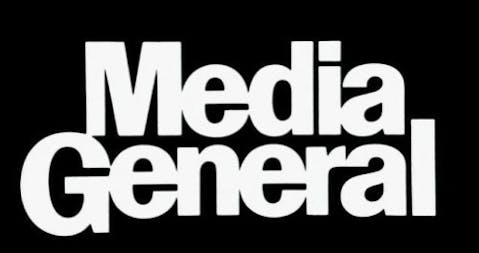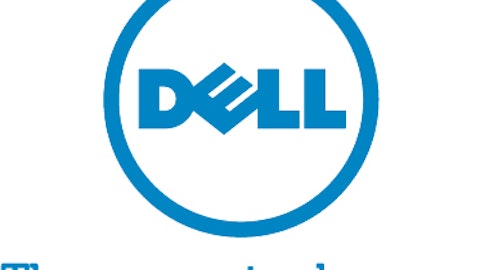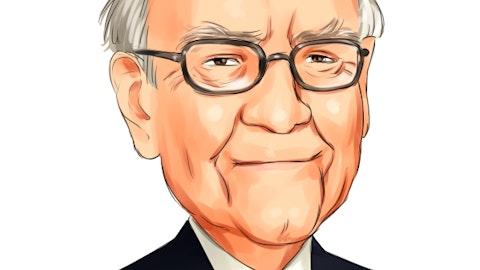Media General, Inc. (NYSE:MEG) has inked a formal merger agreement with privately owned New Young Broadcasting. While this deal is not particularly large and does not offer an immediate arbitrage premium, it has some interesting characteristics that should encourage investors to take a closer look.
For starters, Media General, Inc. (NYSE:MEG) has been a favorite of Warren Buffett for some time. The renowned investor’s gamble on the rapidly consolidating local broadcast sector appears to have paid off, and Buffett is expected to have a real say in the strategic decision-making of the combined company. In addition, this merger offers plenty of synergies and provides Media General’s shareholders with access to robust new markets. It also offers a straightforward financial calculus that buy-and-hold types will find attractive. Although a formal timetable has not yet been set, the deal should close within the coming quarters.
Media General and the Competition at a Glance
Media General, Inc. (NYSE:MEG) is a small media company that operates a number of broadcast and digital media networks in the southeastern United States. Although it was founded as a print-media concern in the mid-19th century, the company has shed its print assets and now focuses exclusively on multimedia content. Most of its affiliate stations fly the NBC and ABC banners.
While it does compete with a number of public and private broadcast companies, its digital media operations also bring it into conflict with companies like the The Washington Post Company (NYSE:WPO) and the Tribune Company (NASDAQOTH: TRBAA). It is considerably smaller than either of these companies: Its market capitalization of $265 million is a far cry from its competitors’ respective valuations of $3.5 billion and $3.1 billion. Financially, Media General, Inc. (NYSE:MEG) offers a mixed bag. In 2012, it took a narrow loss of a little over $32 million on gross revenues of about $360 million. This compares to a devastating Tribune Company loss of $2.2 billion on revenues of $4.8 billion and a brighter The Washington Post Company (NYSE:WPO) profit of $38 million on about $4 billion in revenues. However, these figures suggest that old-line media companies are struggling across the spectrum.
Media General, Inc. (NYSE:MEG)’s debt load is unusual for a Buffett-favored company. Its $555 million basket of obligations overwhelms its paltry cash hoard of $20 million. The Tribune Company is in similar shape: It has just $260 million in cash to offset debts of $11.8 billion. Thanks to its broad digital network and diversified asset portfolio, the Washington Post has a more stable balance sheet with $458 million in debt and $770 million in cash.
How the Deal Will Work
The terms of the all-stock deal require Media General to create about 60 million new shares for distribution to current Young Broadcasting shareholders. At Media General’s current levels, this distribution would value Young Broadcasting at about $870 million.
After the merger has been finalized, Young shareholders will control just over 67 percent of the new company. Media General’s current shareholders will control the remainder. Although Media General is not taking on a significant amount of debt to finance this deal, it has also telegraphed its intention to mount a refinancing and restructuring offensive after the merger’s completion.






